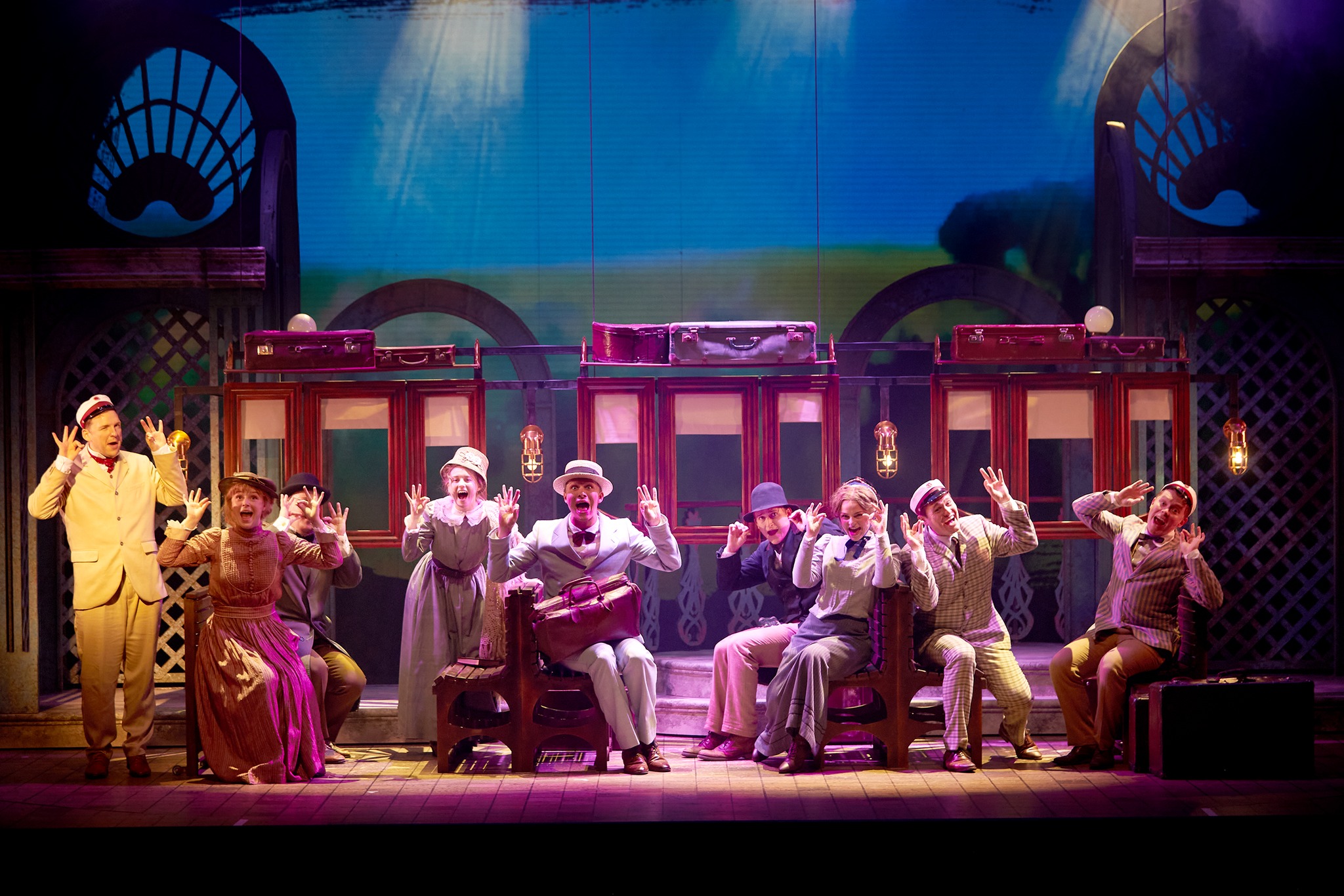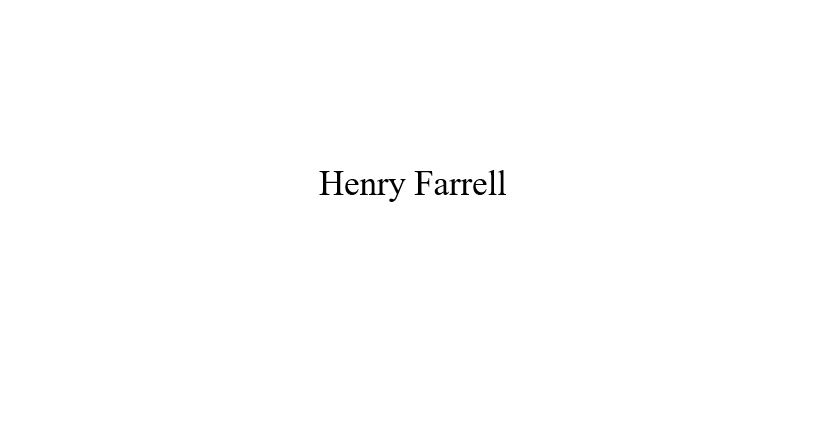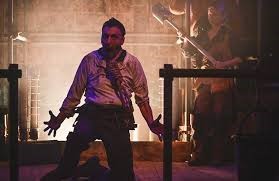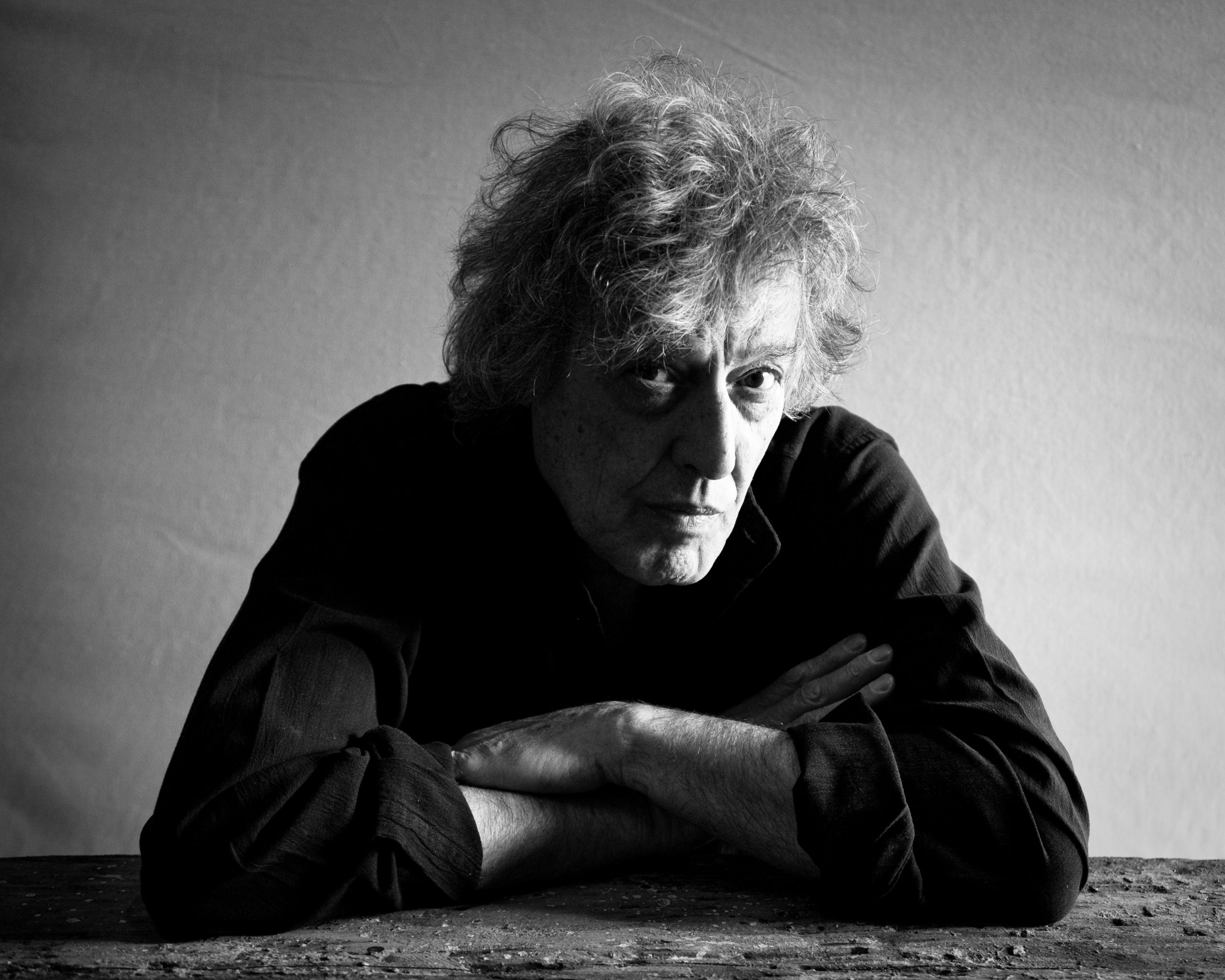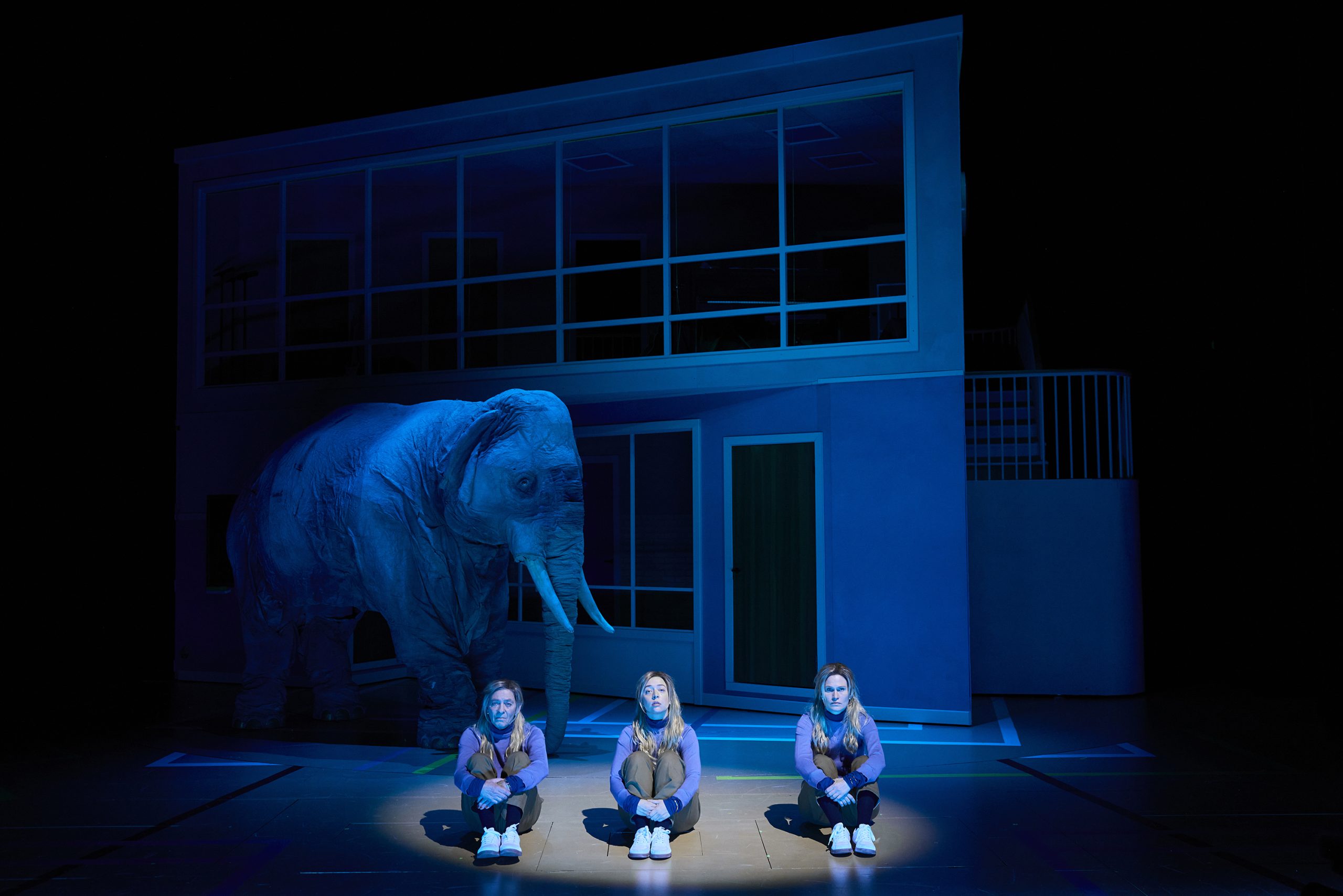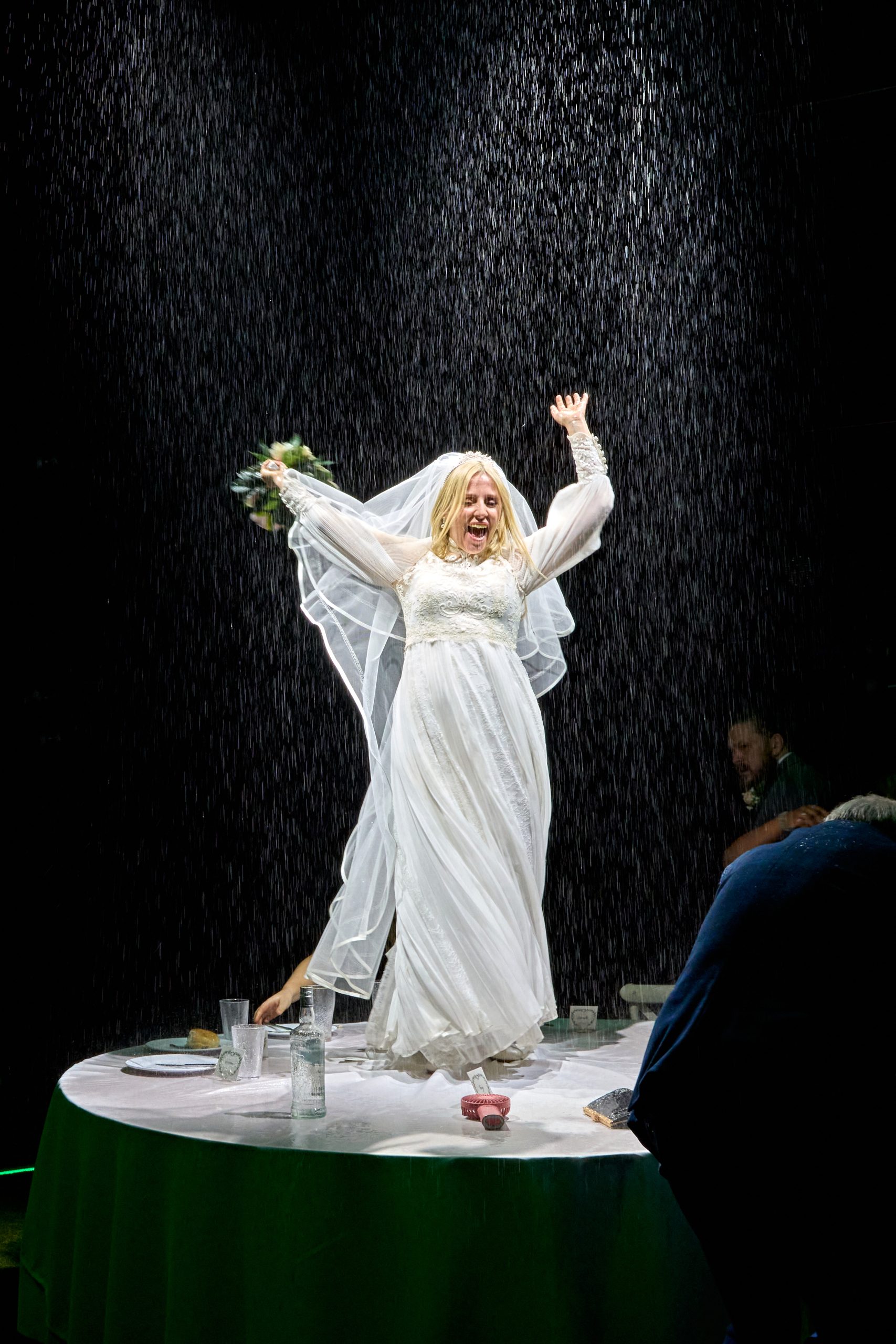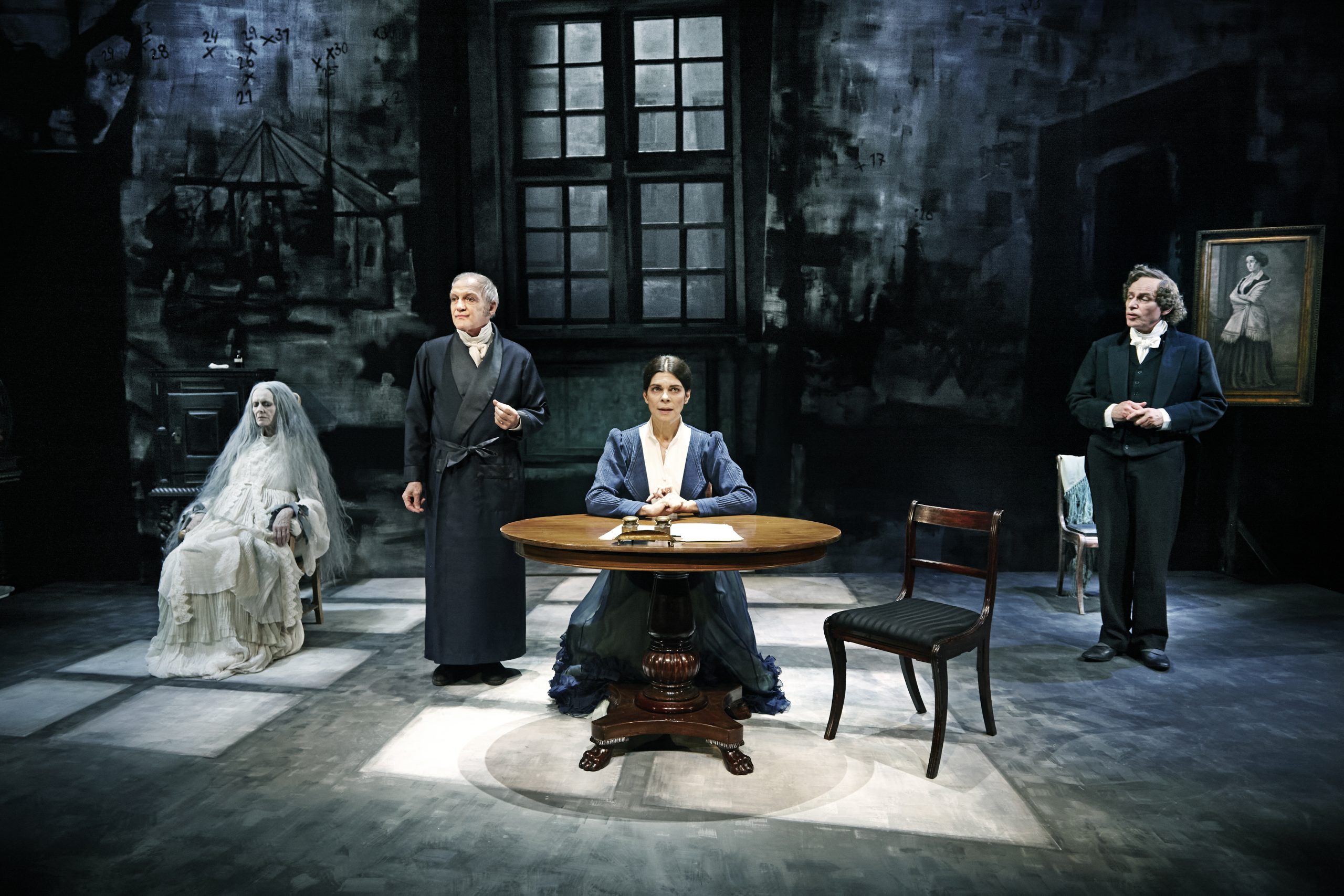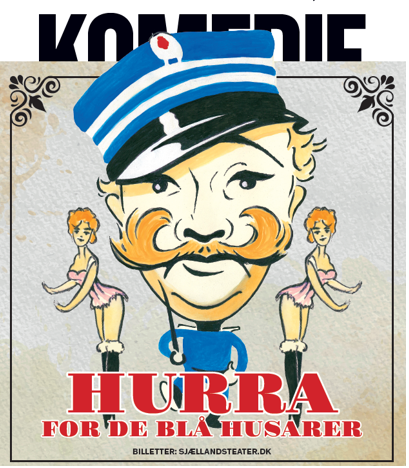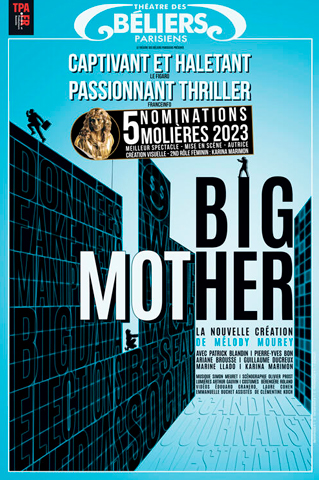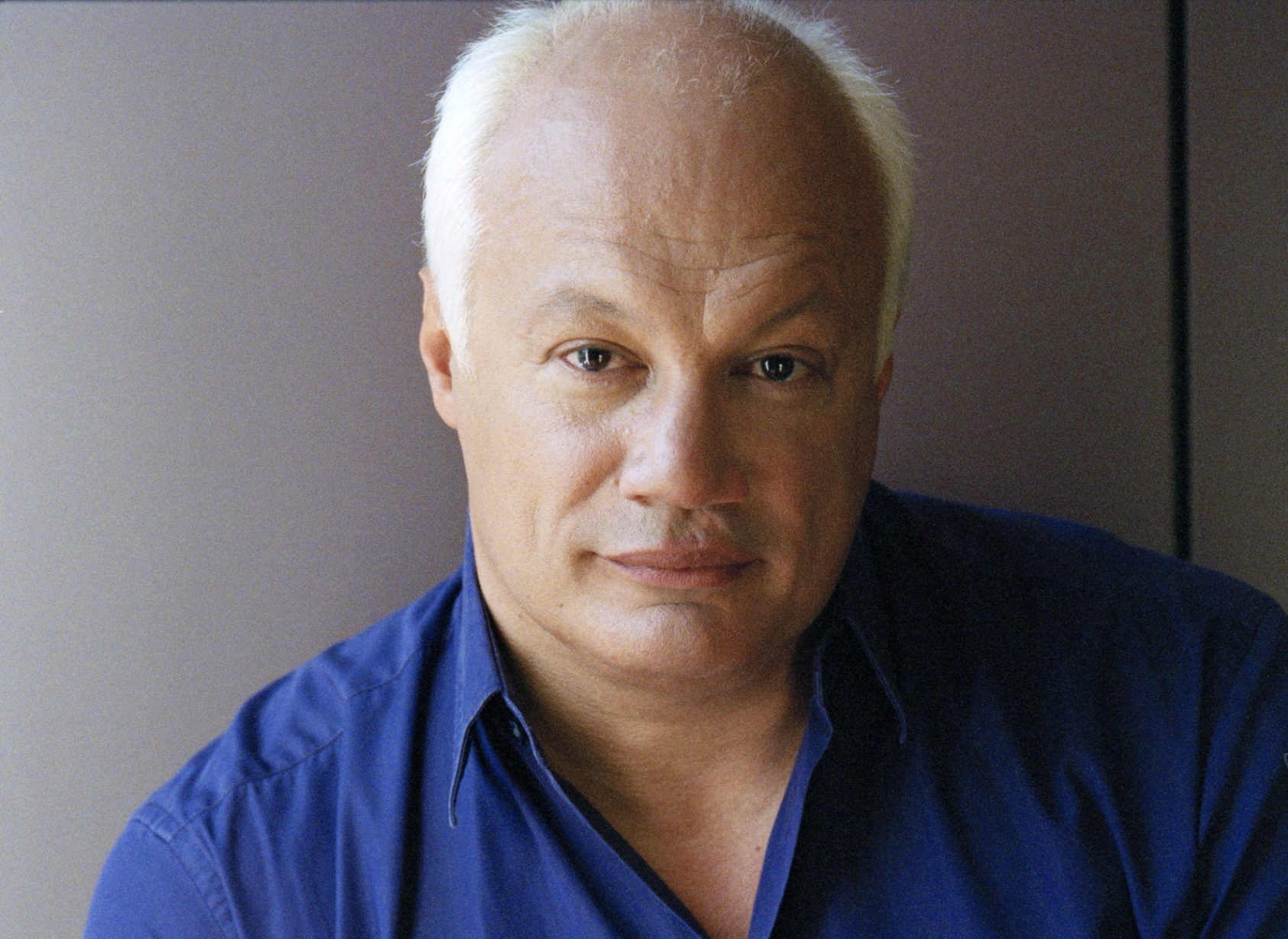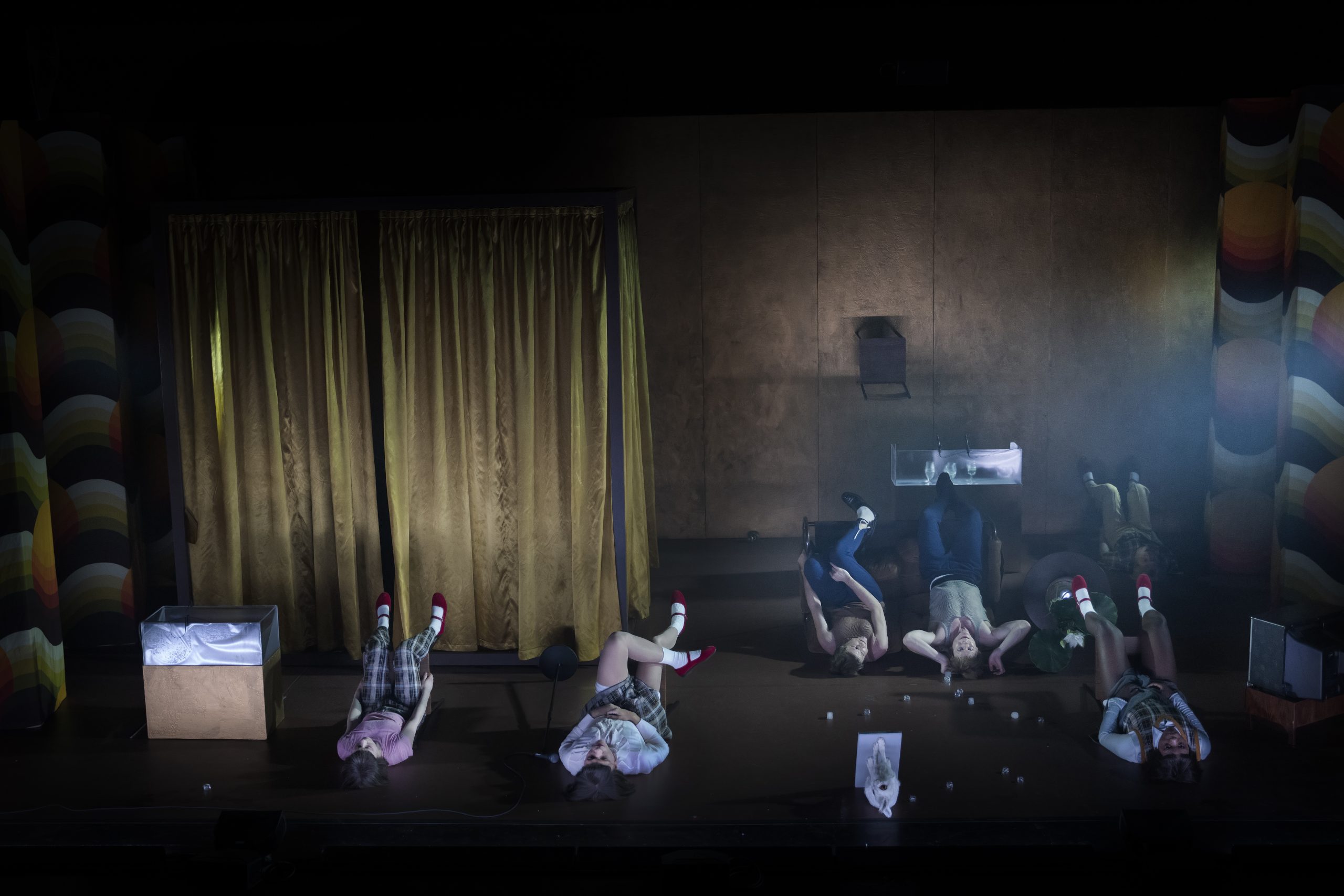One of the most important American playwrights of the early 20th century, Maxwell Anderson was born in Atlantic, Pennsylvania, in 1888. When Anderson wrote his first play, WHITE DESERT, he wrote it in verse because he was weary of "plays in prose that never lifted from the ground." The play failed, however, and Anderson temporarily abandoned his dream of bringing tragic poetry to the American stage. He focused his attention instead on WHAT PRICE GLORY, a World War I comedy which he was co-authoring with Laurence Stallings and which proved to be a solid hit. Then he had an epiphany - poetic tragedy had never successfully written about its own place and time! He realized that there was not one tragedy by Aeschylus, Sophocles, Euripides, Shakespeare, Corneille, or Racine which did not have the advantage of a setting either far away or long ago. Keeping this in mind, he soon composed two very successful dramas in verse ELIZABETH THE QUEEN (1930) and MARY OF SCOTLAND (1933). In 1935, Anderson broke his newly discovered rule and composed WINTERSET, a poetic tragedy based on a true story and set in contemporary America. Unlike his earlier attempt at contemporary verse drama, WINTERSET was a huge success and won for Anderson the very first New York Drama Critics Circle Award (1935). The next year, Anderson again took the award for High Tor (1936). Other plays include KEY LARGO (1939), EVE OF ST. MARK (1942), JOAN OF LORRAINE (1946) and BAD SEED (1954).

